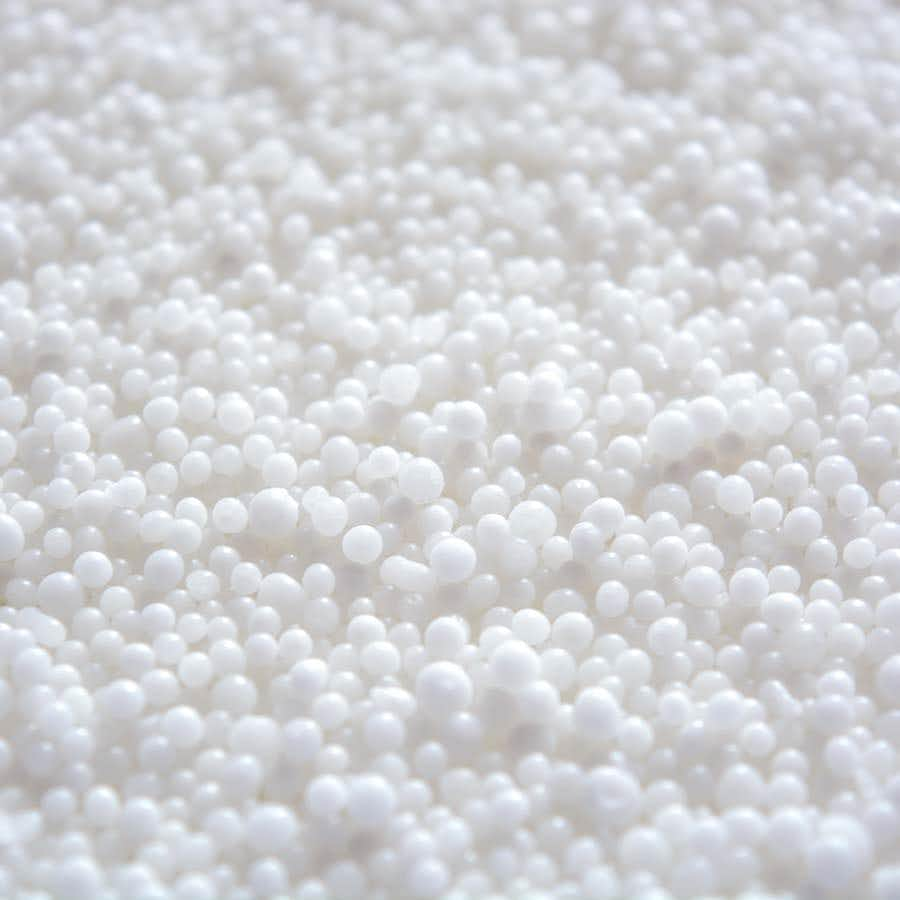
The power of sex on our collective imaginations means that people have concocted scores of myths about this fascinating topic. One that comes up time after time is the idea of using a substance to suppress sexual desire. (On the other hand, there are probably even more myths about aphrodisiacs, substances purported to enhance libido.) We have received several questions about a perennial fantasy: saltpeter to dampen sex drive.
How Does Saltpeter Kill Sex Drive?
Q. How does saltpeter work to reduce libido in men?
A. Saltpeter (potassium nitrate) has been used in fertilizers, fireworks, gun powder and processed meat as a preservative. It is also included in some toothpastes for sensitive teeth. Although this compound has a reputation for reducing sex drive, there are no data to support this claim.
Do Armies Use Potassium Nitrate in Mess Halls?
Q. As a baby boomer, I heard that servicemen in World War II, Korea and Vietnam were given saltpeter in their food as a deterrent for sexual urges. I wonder if that is true and if so, whether there is any connection to saltpeter and prostate problems. They seem to be so much more common nowadays.
A. The belief that saltpeter (potassium nitrate) will reduce sex drive is an urban legend. Rumors persist that authorities add this preservative to institutional food like the military, prisons, all-male boarding schools and summer camps. There is no evidence that this has ever been used as a strategy to dampen desire. Additionally, we have never seen any indication that it would be effective for that purpose.
How Is Saltpeter Used?
Saltpeter is used in fireworks, but most of its common uses are exceptionally mundane. This compound has been used to cure meat. It is also found in fertilizer and toothpaste formulated for sensitive teeth. Tom’s of Maine Rapid Relief Sensitive Toothpaste, Sensodyne and prescription-only Colgate PreviDent 5000 all contain potassium nitrate. The Environmental Working Group ranks this as a safe toothpaste ingredient.
Potassium Nitrate and the Prostate?
Although we searched, we could find no evidence that saltpeter has any effect on the prostate. Perhaps your perception that more men are suffering from prostate problems now is due in part to your group of friends and acquaintances. As a baby boomer, you have reached an age when many men experience such difficulties. In contrast, when you were a teen-ager, the men you knew were probably younger and hadn’t yet developed prostate problems.
No Saltpeter in Prison Food:
Q. My boyfriend was recently released from prison and believes there was saltpeter put in the food. How do you remove the effects after numerous years?
A. Saltpeter (potassium nitrate) is falsely believed to lower libido. Youngsters in boarding schools and summer camps as well as men in the military or in prison have perpetuated the myth that they are being fed saltpeter.
If time and support don’t overcome your boyfriend’s sexual difficulties, counseling may help. Hormonal assessment may also be needed.

